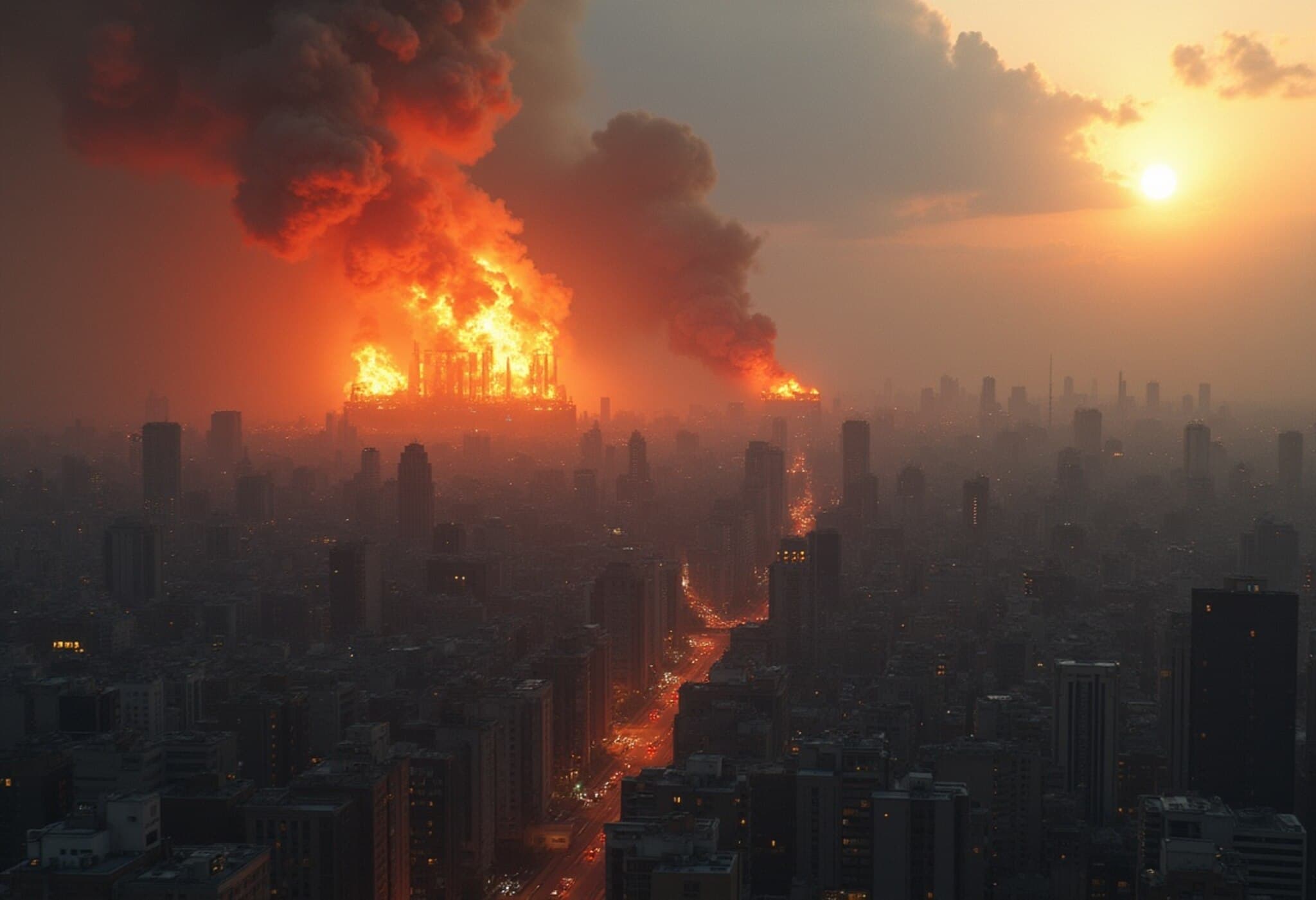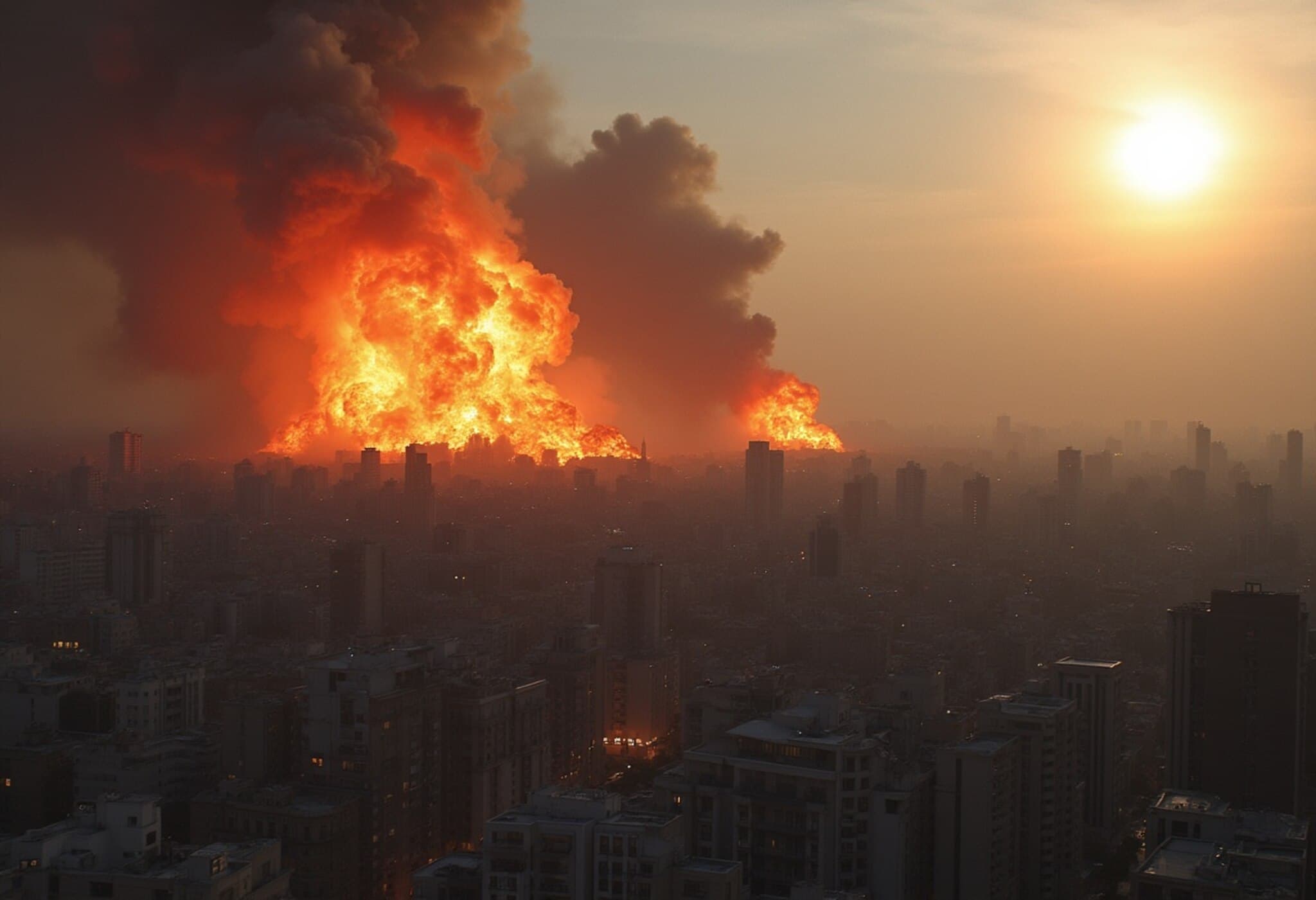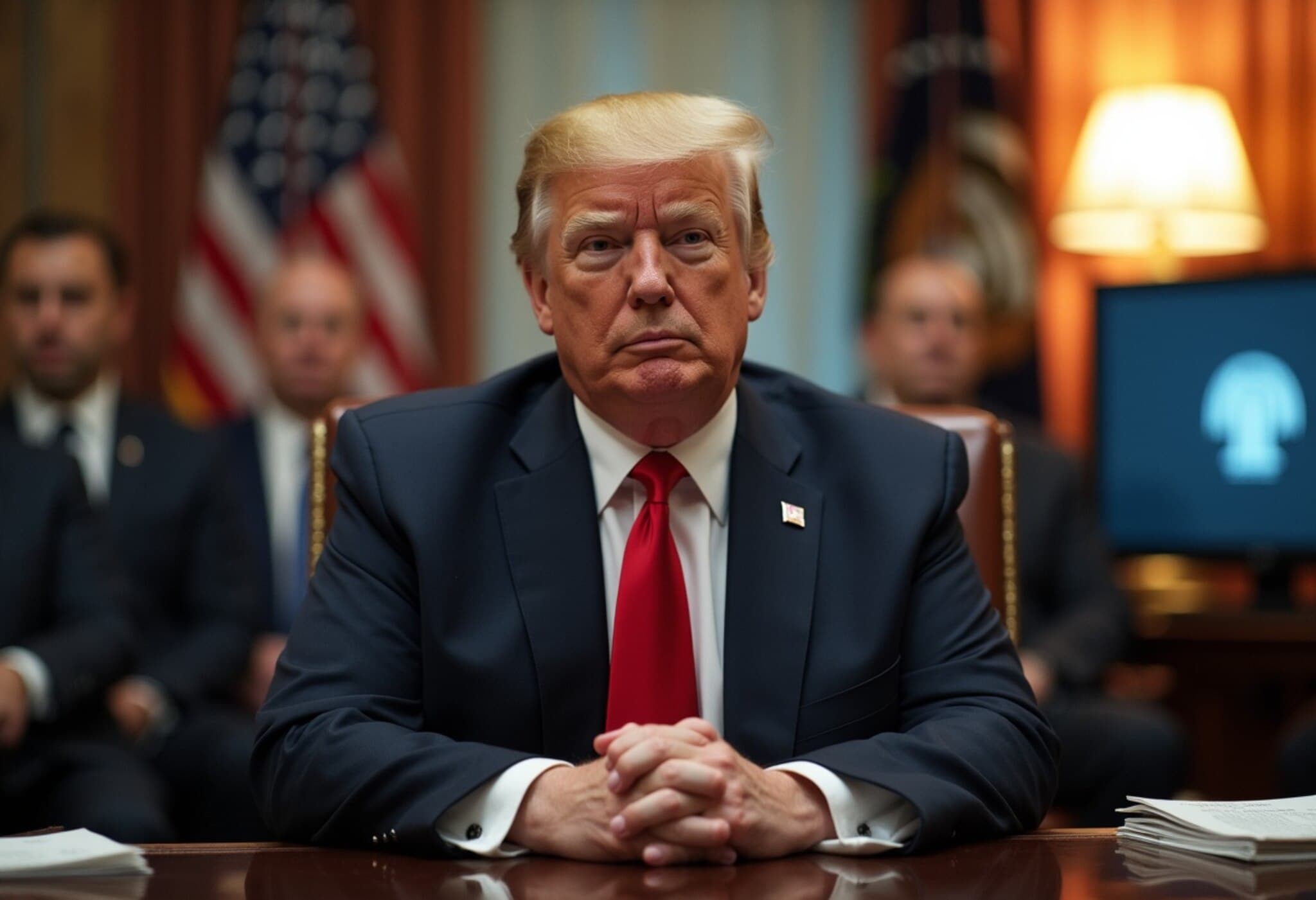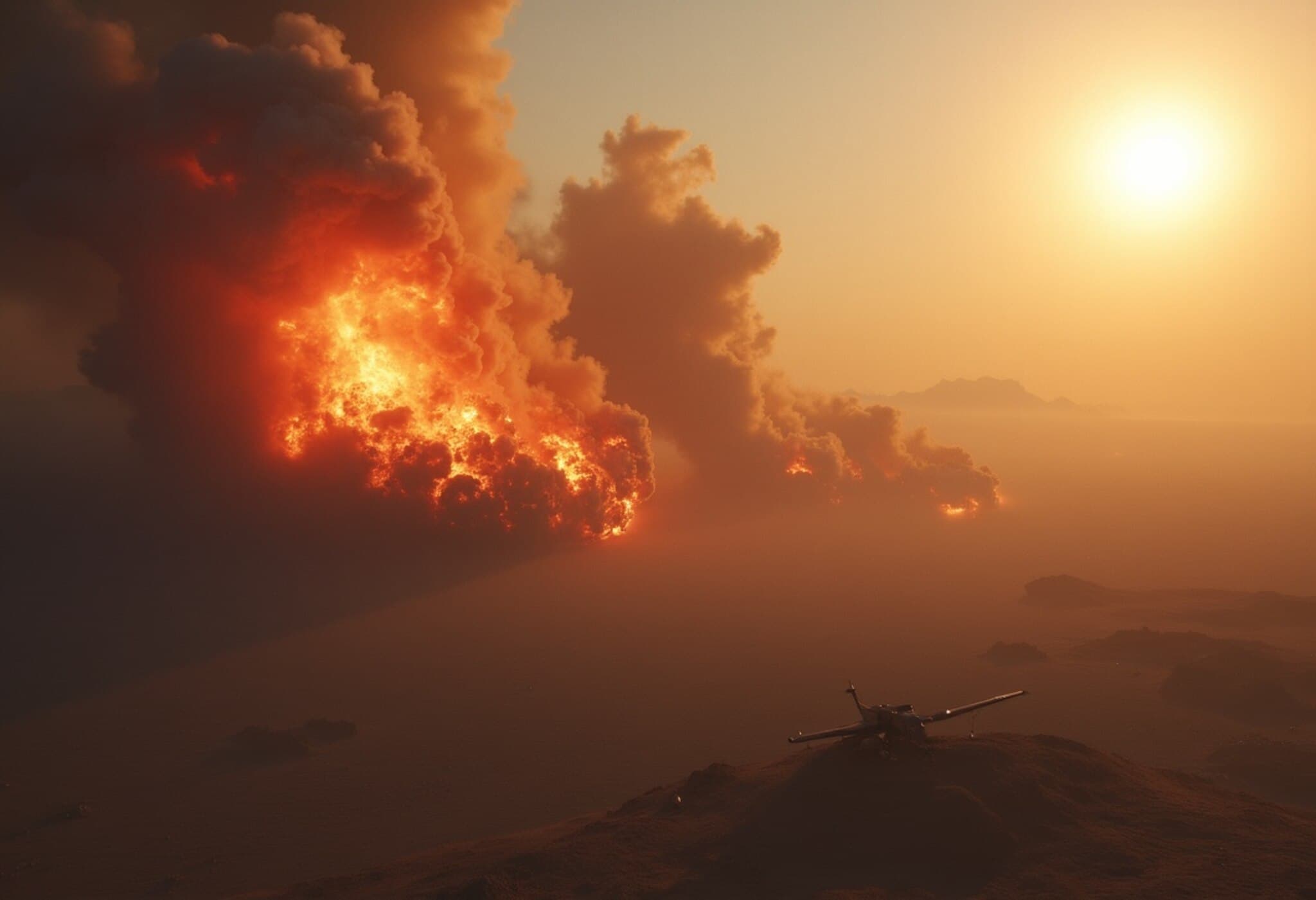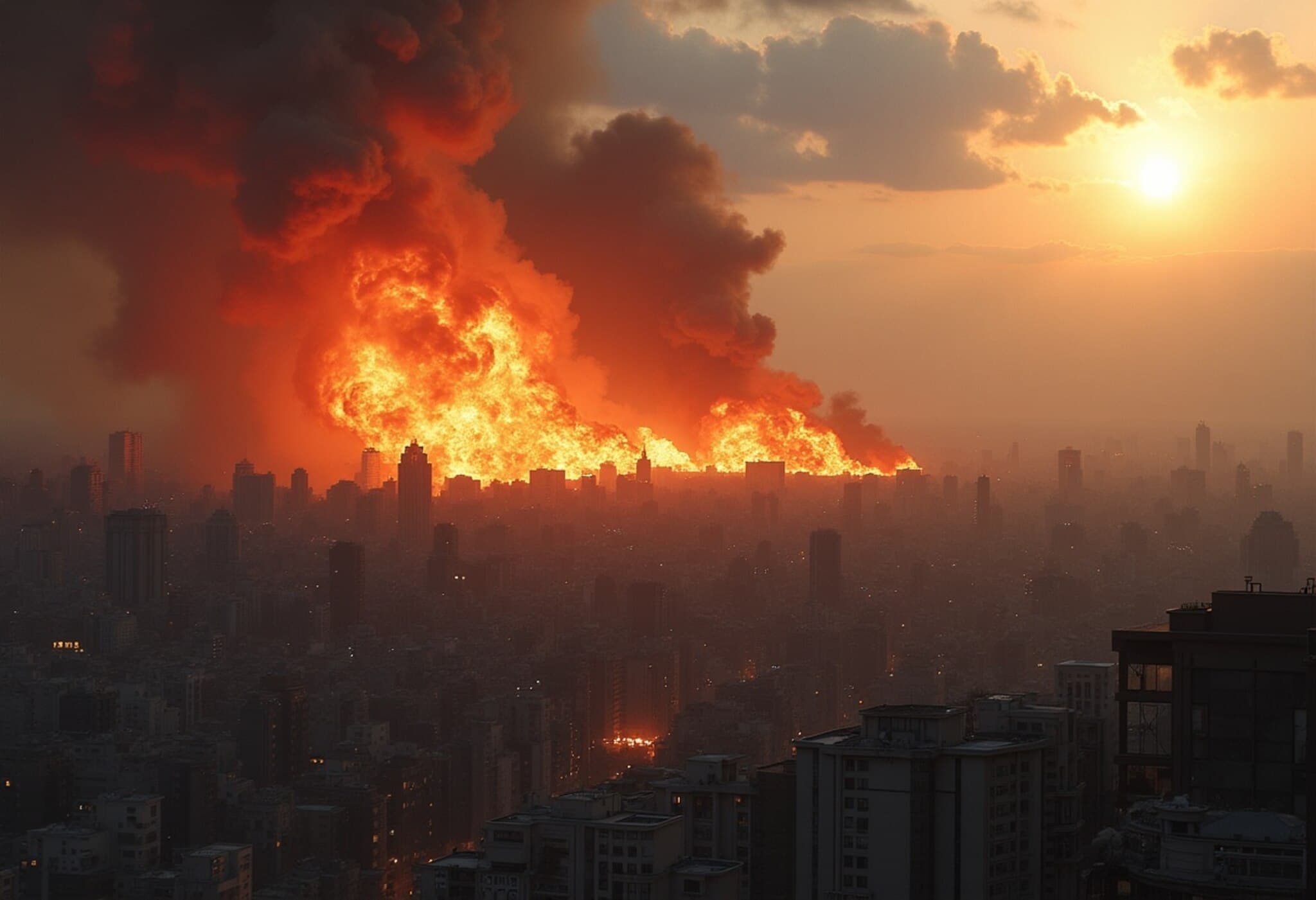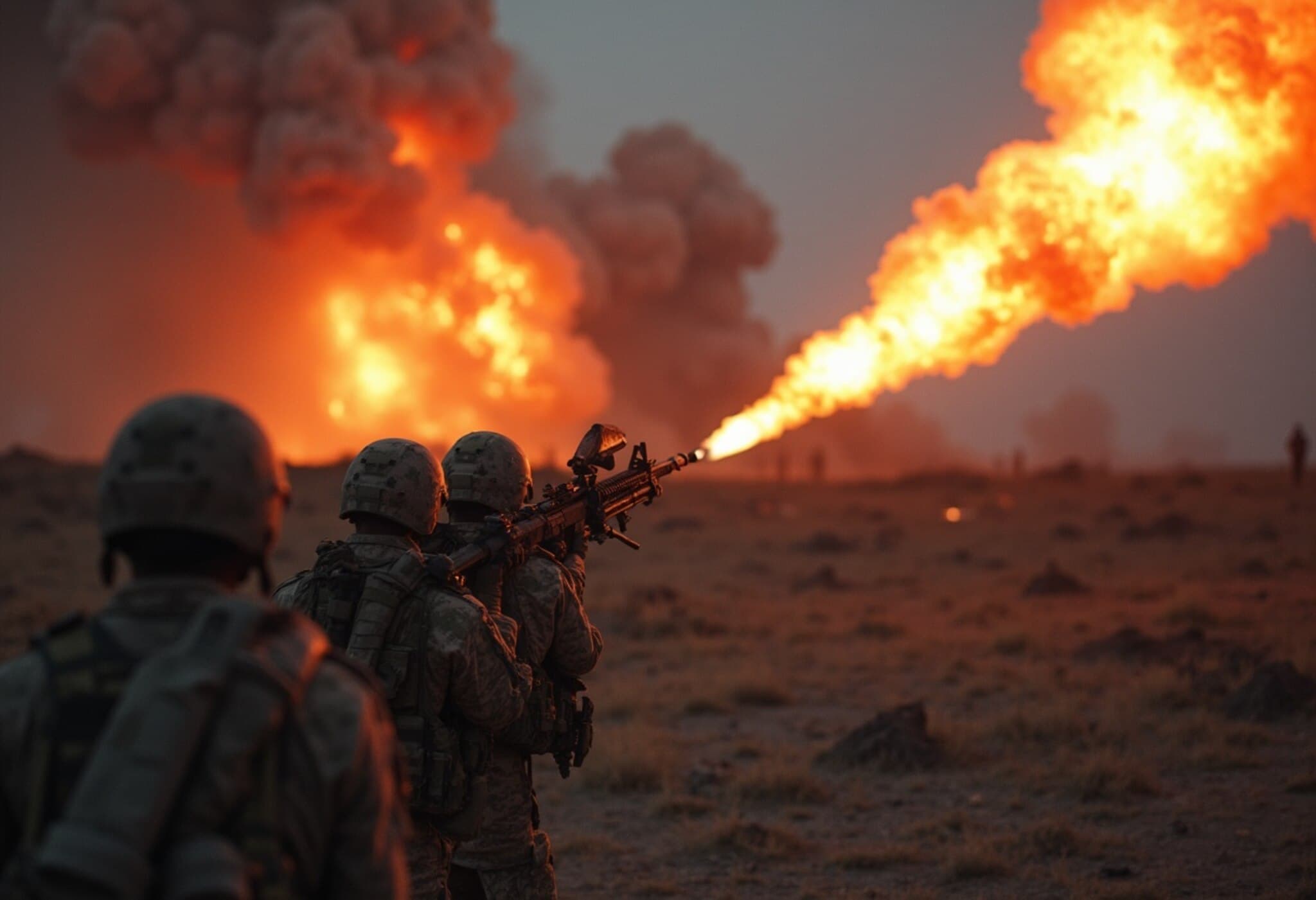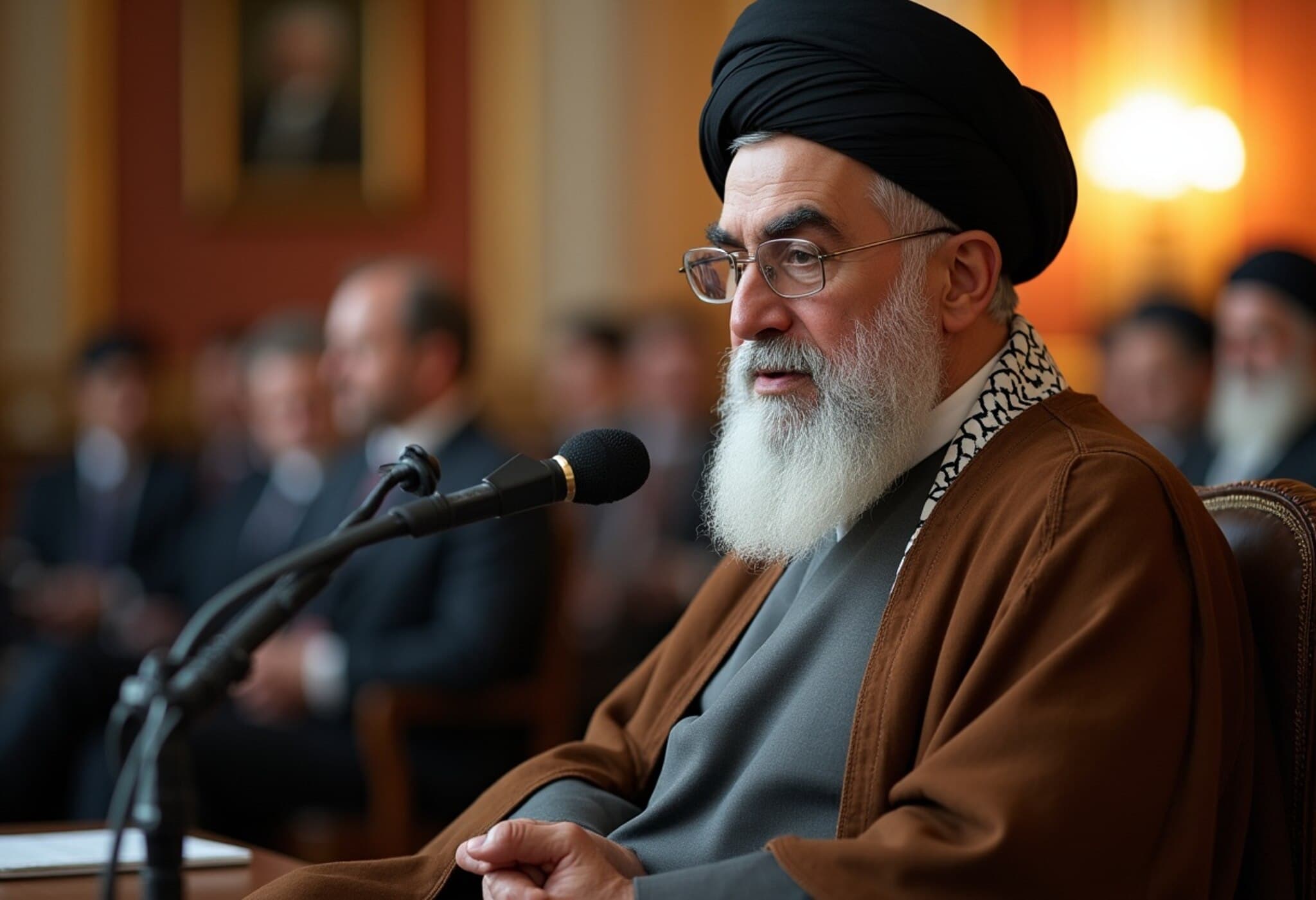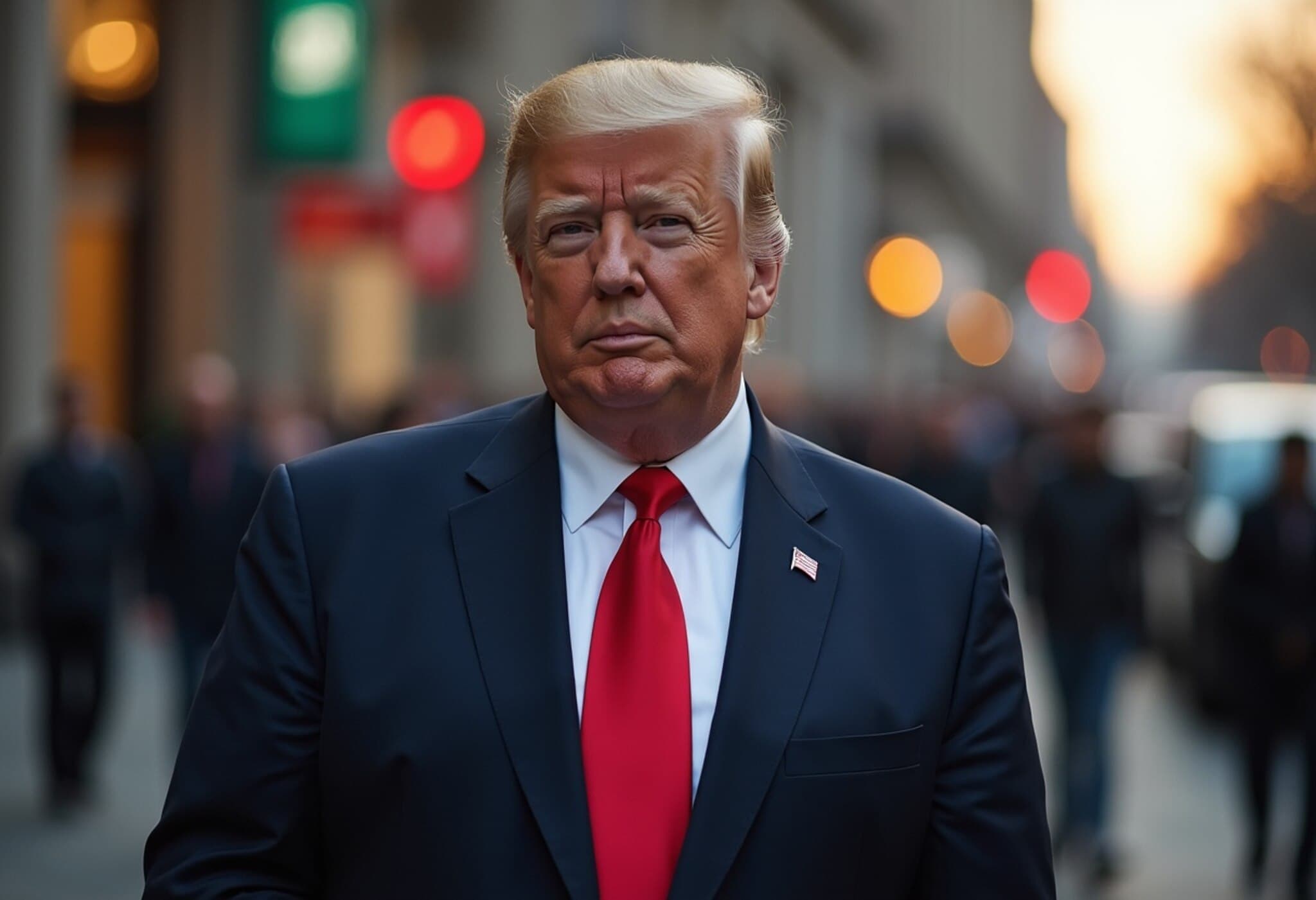US Military Strikes Iranian Nuclear Facilities Amid Rising Tensions
In a significant escalation of the Iran-Israel conflict, US forces launched attacks on three key Iranian nuclear sites—Fordow, Natanz, and Esfahan—prompting urgent deliberations at the United Nations Security Council (UNSC). The strikes, announced by US President Donald Trump, aimed to disrupt Iran's nuclear enrichment capabilities deemed a critical threat by Washington and its ally Israel.
US Justifies Strikes as Defensive Measures
At a UN briefing, the acting US ambassador to the UN underscored the operation's goal to dismantle what was described as a "rapidly escalating source of global insecurity." The ambassador highlighted Iran’s history of obstructing diplomatic efforts and its long-standing hostility marked by calls for "Death to America" and "Death to Israel."
She further accused Iran of attacking Israel via ballistic missiles and proxy militias, causing extensive suffering in the Middle East and targeting American personnel in Iraq and Afghanistan. Stressing adherence to the UN Charter, the US warned Iran against further provocations, vowing "devastating retaliation" to any attacks on Americans or their bases.
Iran Condemns US Actions and Warns of Proportionate Response
Iran’s UN representative vehemently denounced the US strikes as illegal aggression and blamed Israel’s Prime Minister for dragging the US into a costly conflict. Describing the US decision as the destruction of diplomacy, he asserted that the Iranian leadership will determine the timing and scale of their response.
“This Council faces a historic test. Failure to condemn this aggression will leave a stain of complicity, just as witnessed in Gaza,” he cautioned.
Iran also criticized the US, a permanent UNSC member and sole user of nuclear weapons, for employing force despite its treaty obligations. The Iranian envoy highlighted Israel’s refusal to join the Nuclear Non-Proliferation Treaty (NPT) and accused it of spreading unfounded fears about Iran’s nuclear intentions.
Israel Defends the Strikes as a Necessary Step
Israel’s ambassador to the UN praised the US actions as a decisive move to eliminate the greatest existential nuclear threat. He framed the attacks as an act of necessity, designed to prevent a nuclear-armed Iran, which he described as a danger not only to Israel but to the entire world.
He accused Iran of using negotiations as a facade while continuing uranium enrichment and missile development. Israel also condemned Iran’s extensive regional activities—including arming militias in Iraq, Lebanon, and Yemen, and orchestrating terror plots across Europe.
UN Secretary-General Calls for De-escalation and Dialogue
Expressing deep concern, the UN Secretary-General warned that the strikes marked a “perilous turn” in an already fragile region. He urged all parties to halt hostilities and resume genuine negotiations aimed at a credible, verifiable resolution to the nuclear issue.
“We face a stark choice: escalation risks devastating wider conflict, while diplomacy offers the path to peace,” he emphasized.
International Atomic Energy Agency Confirms Damage
The head of the UN nuclear watchdog confirmed that the recent US strikes damaged entrances to tunnels storing enriched uranium at Esfahan and left visible craters at the Fordow enrichment plant, where uranium is enriched up to 60%. The Natanz facility also suffered fresh hits.
Despite the attacks, the agency chief reiterated Iran's ability to protect its nuclear materials per its safeguards obligations, warning that any closure of diplomatic channels could lead to "unthinkable levels of violence and destruction" and undermine the global non-proliferation regime.
Global Repercussions and Outlook
The unfolding events have heightened fears of a broader conflict in the Middle East with potentially grave international consequences. As the UNSC convenes for further discussions, the international community remains watchful, weighing the options between military escalation and renewed diplomatic efforts.

